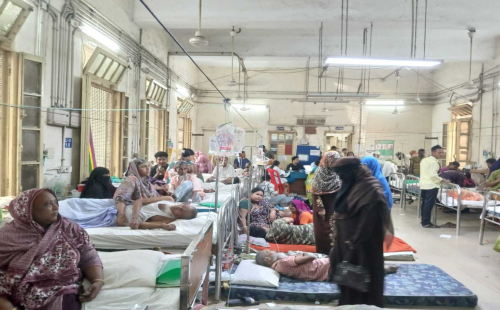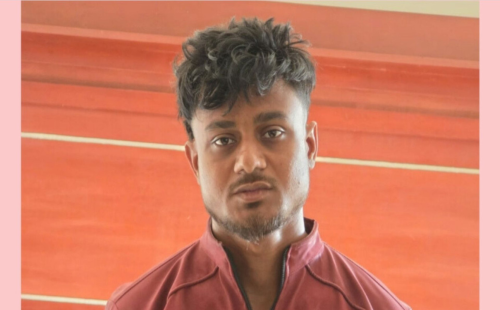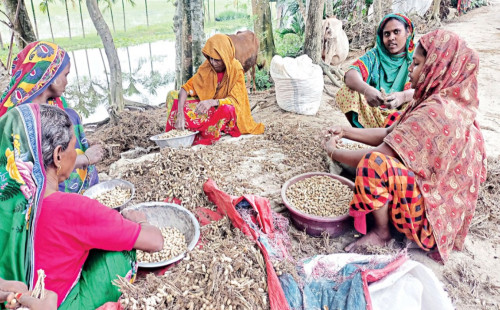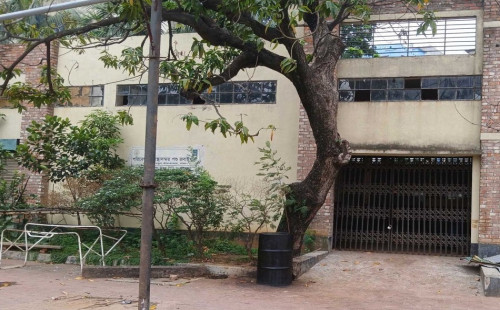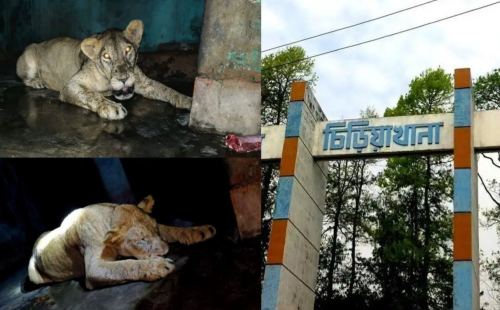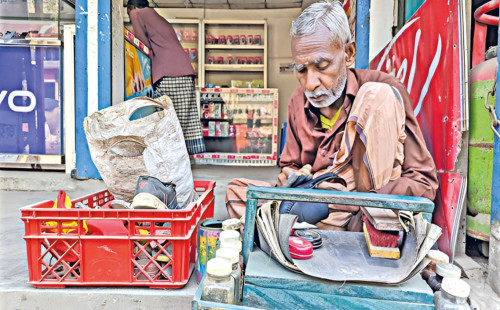Dengue cases surge, Sept off to alarming start

Dengue
infections and deaths are once again on the rise, with the first half of
September showing a sharp spike, raising questions about the effectiveness of
government initiatives to tackle the menace.
In just 12 days into
September, 23 deaths and more than 5,451 hospitalisations have been reported,
according to data from the Directorate General of Health Services (DGHS).
If the trend
continues, September is set to surpass the peak months of July and August.
August saw 39 deaths and
10,496 cases over the entire month, while July recorded 41 deaths and 10,684
cases.
In June, there were 19 deaths
and nearly 6,000 cases, with significantly lower numbers reported between
January and May.
The total number of deaths
this year up to Thursday was 145, while cases stood at 36,927, DGHS data shows.
Experts say the recent spell
of intermittent rain and the lack of sustained, nationwide efforts to control
the spread of Aedes mosquitoes -- the carriers of dengue, chikungunya, and Zika
virus -- have created ideal conditions for the disease.
"We urgently need
intensified mosquito-control efforts in hotspots," said entomologist GM
Saifur Rahman. "This includes locating breeding zones, eliminating adult
mosquitoes, and ensuring sustained action across the country."
He also called for community
mobilisation through targeted awareness campaigns.
Jahangirnagar University
entomologist Prof Kabirul Bashar said heavy rainfall in September and October
might have temporarily reduced mosquito density in Dhaka, but intermittent rain
could worsen the outbreak.
He called for targeted vector
control around patients' homes and hospitals to curb transmission.
"Hospitals can become
transmission hubs if Aedes mosquitoes bite infected patients and then
others," he warned.
"Without active
community participation in eliminating breeding grounds, controlling this
outbreak will be extremely difficult."
Dr HM Nazmul Ahsan, associate
professor at Shaheed Suhrawardy Medical College Hospital, said delayed
hospitalisation is a major factor contributing to fatalities.
Currently, four viral
infections -- influenza, dengue, chikungunya, and Covid-19 -- are circulating
simultaneously in the country.
He recommended early
admission for high-risk groups, including patients with comorbidities, the
elderly, and pregnant women.
"Many patients fail to
recognise warning signs such as severe abdominal pain, breathing difficulties,
bleeding, extreme fatigue, or a sharp fall in urination and platelet count. By
the time they arrive at hospitals, their condition is often critical," he
explained.
Many critically ill patients
are referred to Dhaka hospitals from outside the capital, he said, adding that
delays in referral from districts are another major factor contributing to
fatalities.
He urged district-level
hospitals to strictly follow the national dengue treatment guidelines and treat
patients locally.
Public health expert Mohammad
Mushtuq Husain echoed the call for early treatment and stronger healthcare
capacity outside Dhaka.
He emphasised the need to
strengthen secondary care hospitals to better manage vulnerable groups such as
infants, the elderly, and those with comorbidities, so they can be stabilised
before referral to tertiary hospitals.

